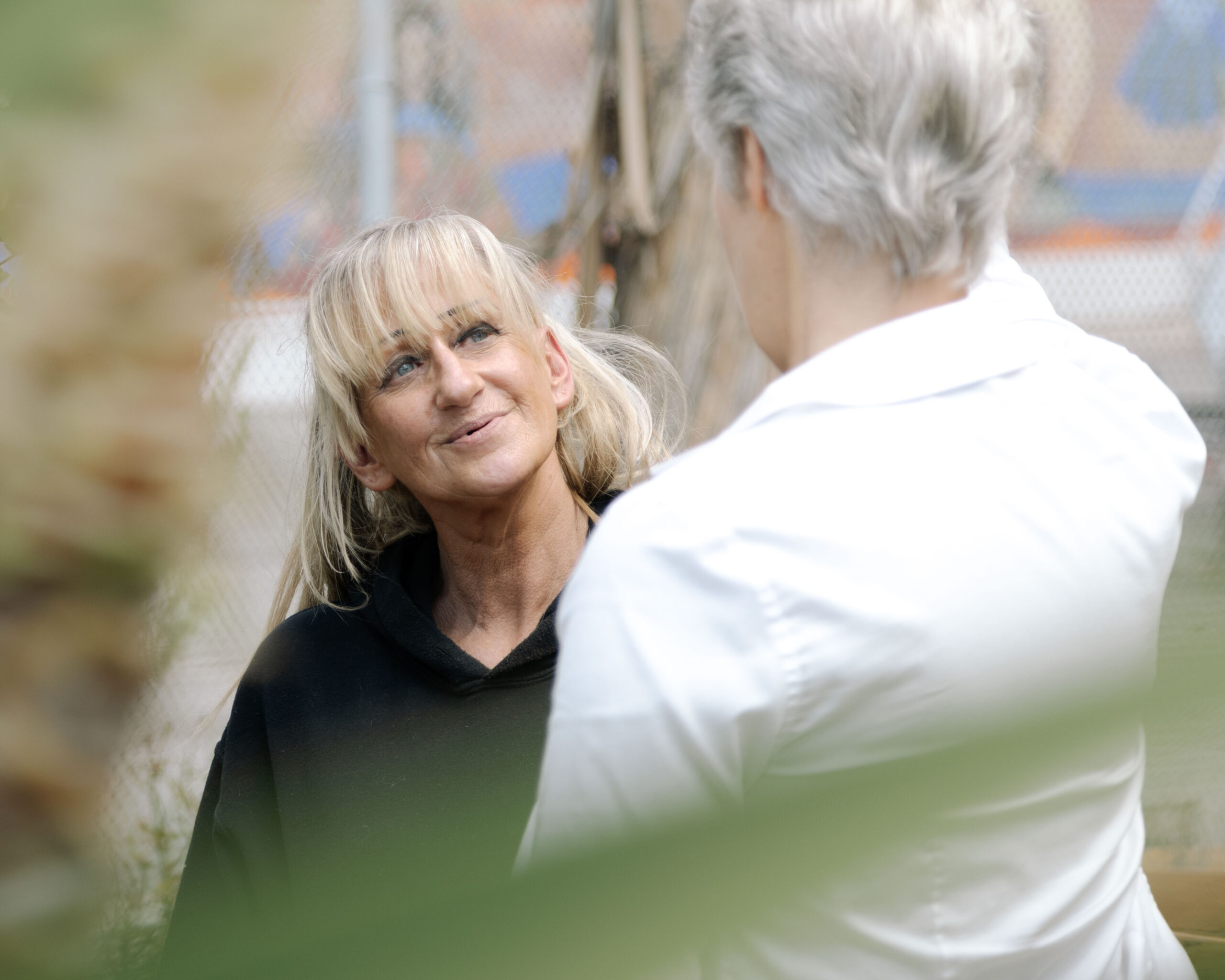

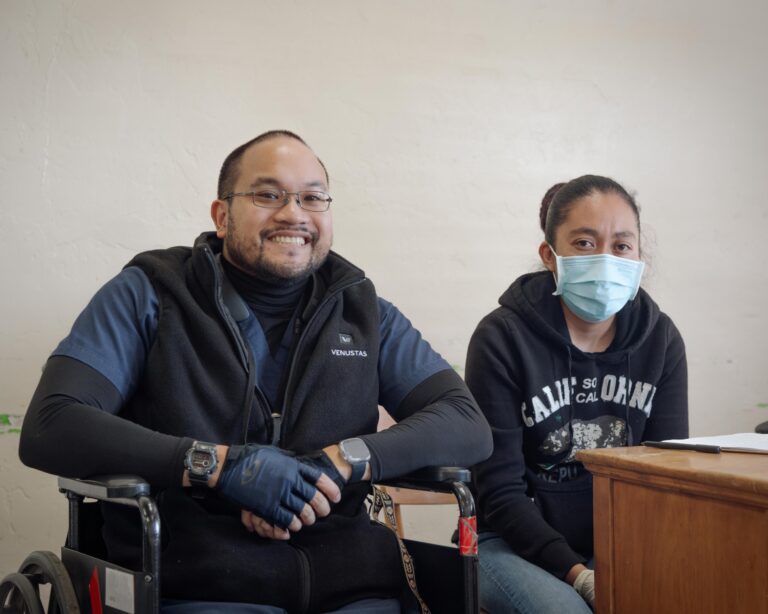
The people we serve need friends who understand that they have been traumatized. We’re here to act as a bridge to services, a listening ear, and a path into permanent housing for our marginalized neighbors throughout the Monterey County area. We offer hospitality, safety, motivation, guidance toward a life of greater health and happiness, and a bridge to services they might feel are unavailable to them elsewhere–all at a pace they feel safe with.
We do this through our four programs: Dorothy’s Kitchen, Dorothy’s Drop-In Center, Streets To Homes, and House of Peace Supportive Housing. And the formula works.
With love, respect and compassion, Dorothy’s Place provides essential services and transitional support to people experiencing the injustice of homelessness and extreme poverty.
We
We are grateful.
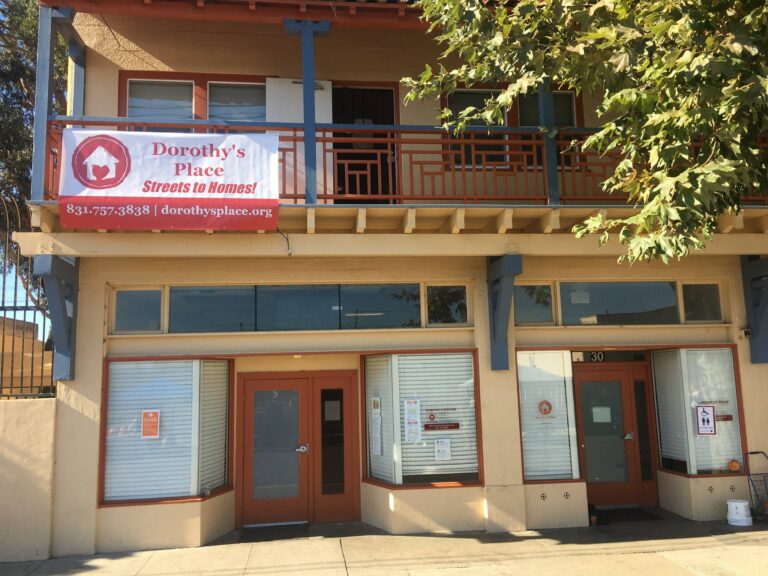
We are associated with many people of many faiths and traditions. The Catholic Worker community that marked our beginning quickly became a multi-faith community and we now honor every contribution of spirit as a gift that can lift us and the people we serve out of poverty and desperation. The spirit of compassion that drives us and our partners inspires us to be more professional, more practical and more resourceful, all the time listening to our homeless neighbors for cues on how to serve them better.
We Are Inspired by Dorothy Day
In fact, our facility, Dorothy’s Place, home to three programs and our administration, is named after her. Dorothy Day (November 8, 1897 – November 29, 1980) was an American journalist turned social activist, who, along with Peter Maurin, founded the Catholic Worker Movement. She became known for her social justice campaigns in defense of the poor, forsaken, hungry and homeless. She espoused nonviolence, and hospitality for the impoverished and downtrodden. Her commitment to social justice spanned most of the twentieth century, including her support of the Russian Revolution in 1917, then turning around in 1971 and accusing the Soviets of mistreating Alexander Solzenitsin. The Catholic Worker movement started with the Catholic Worker newspaper, created to stake out a neutral, pacifist position in the increasingly war-torn 1930s. This grew into a “house of hospitality” in the slums of New York City and then a series of farms for the poor to live together communally. The movement quickly spread to other cities in the United States, and to Canada and the United Kingdom; more than 30 independent but affiliated CW communities had been founded by 1941. Well over 100 communities exist today, all over the world. Her autobiography The Long Loneliness was published in 1953. Day’s account of the Catholic Worker movement, Loaves and Fishes, was published in 1963. A popular movie called Entertaining Angels: The Dorothy Day Story, was produced in 1996 about the life and struggles that Day endured. The first full-length documentary about her, Dorothy Day: Don’t Call Me a Saint, premiered at Marquette University, where her papers are housed, on November 29, 2005. More information on Dorothy Day you can visit the following website: www.catholicworker.org/dorothyday
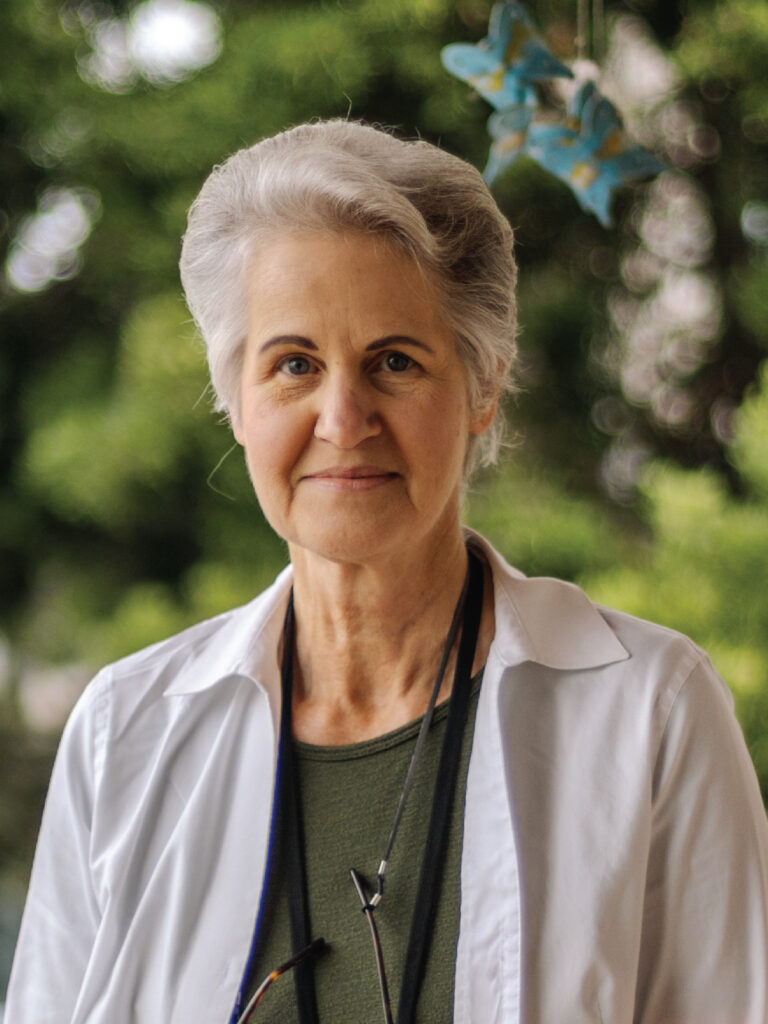
Jill Allen
Executive Director
In the last thirty-two years, Jill has provided management services to the public benefit sector, specializing in fund development and strategic planning.
Jill Allen
Executive Director
In the last thirty-two years, Jill has provided management services to the public benefit sector, specializing in fund development and strategic planning.
Jill has advocated for chronically unsheltered people for eighteen years at Dorothy’s Place in Salinas, and served the last eleven as executive director. Dorothy’s Place, in partnership with Monterey County Whole Person Care, introduced intensive case management for chronically unsheltered people to our local area, which culminated in the State’s acceptance of housing and the social determinants of health as critical to patient recovery (CalAIM). Dorothy’s Place has proven that chronically unsheltered people can be successfully housed by assisting nearly 250 high-barrier clients into permanent sustainable housing in the last five years.
Jill is the past-president and current vice president of the Monterey/San Benito Counties Coalition of Homeless Services Providers. She also served for twenty years in the United States Air Force.

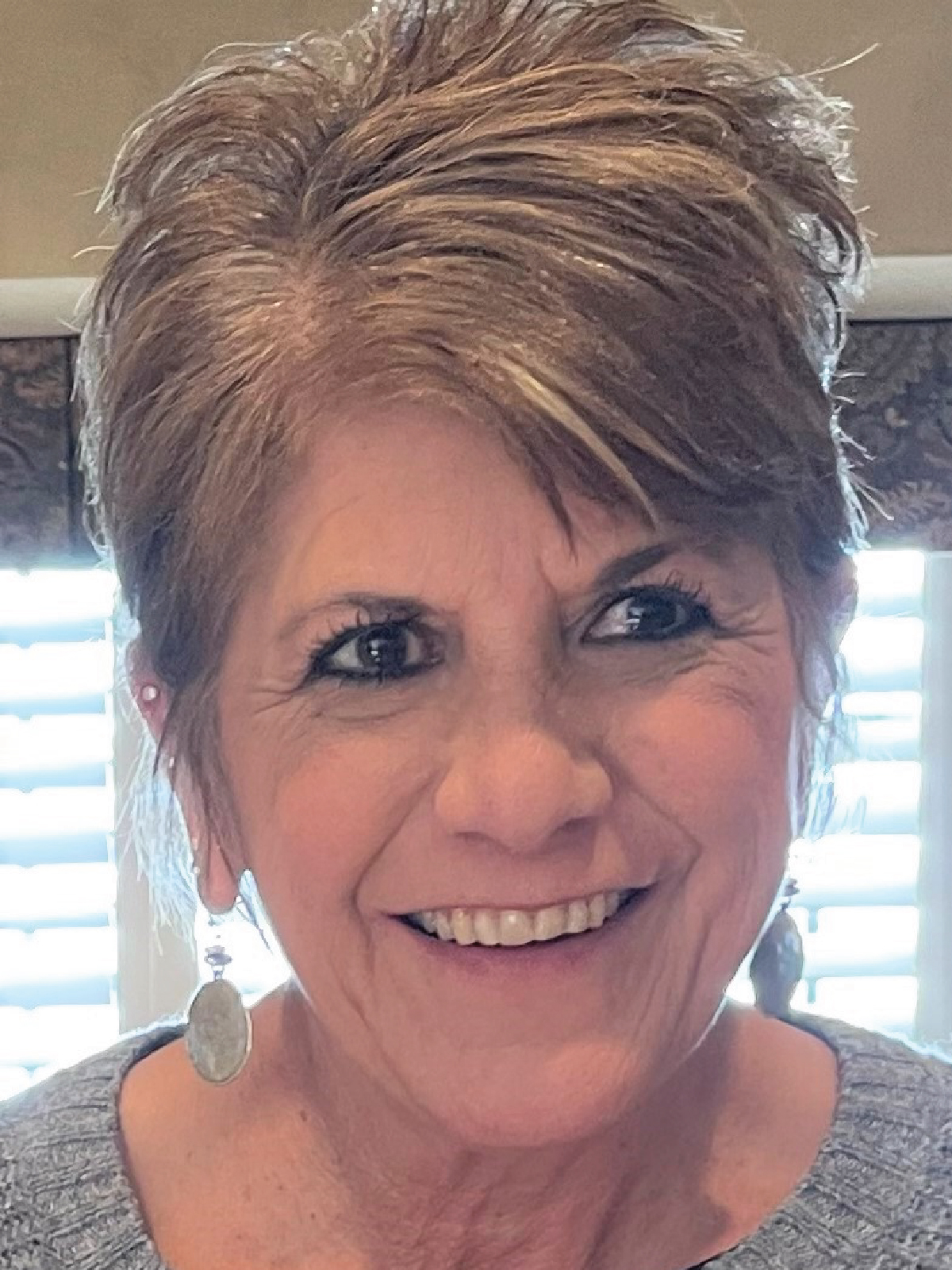

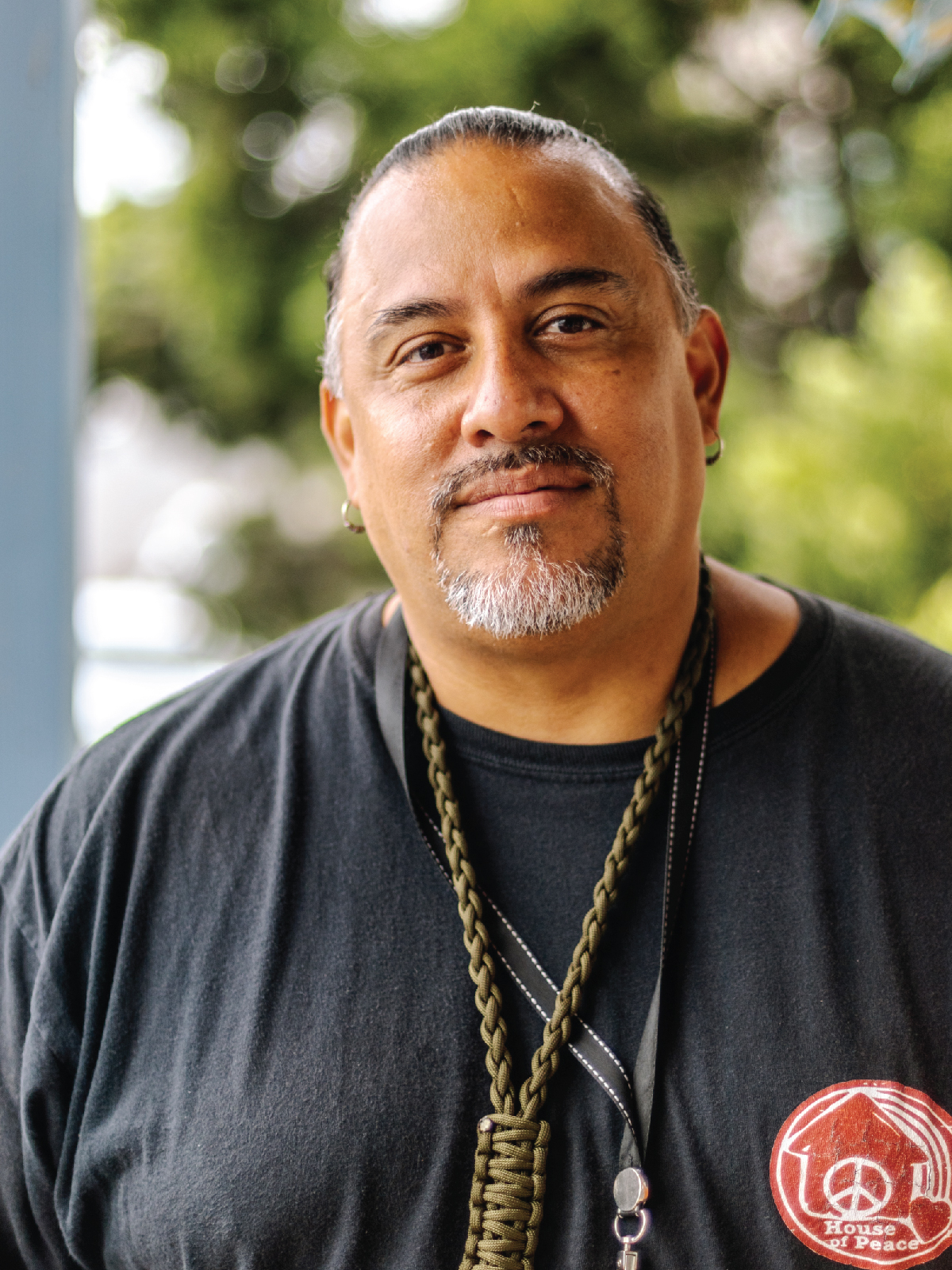
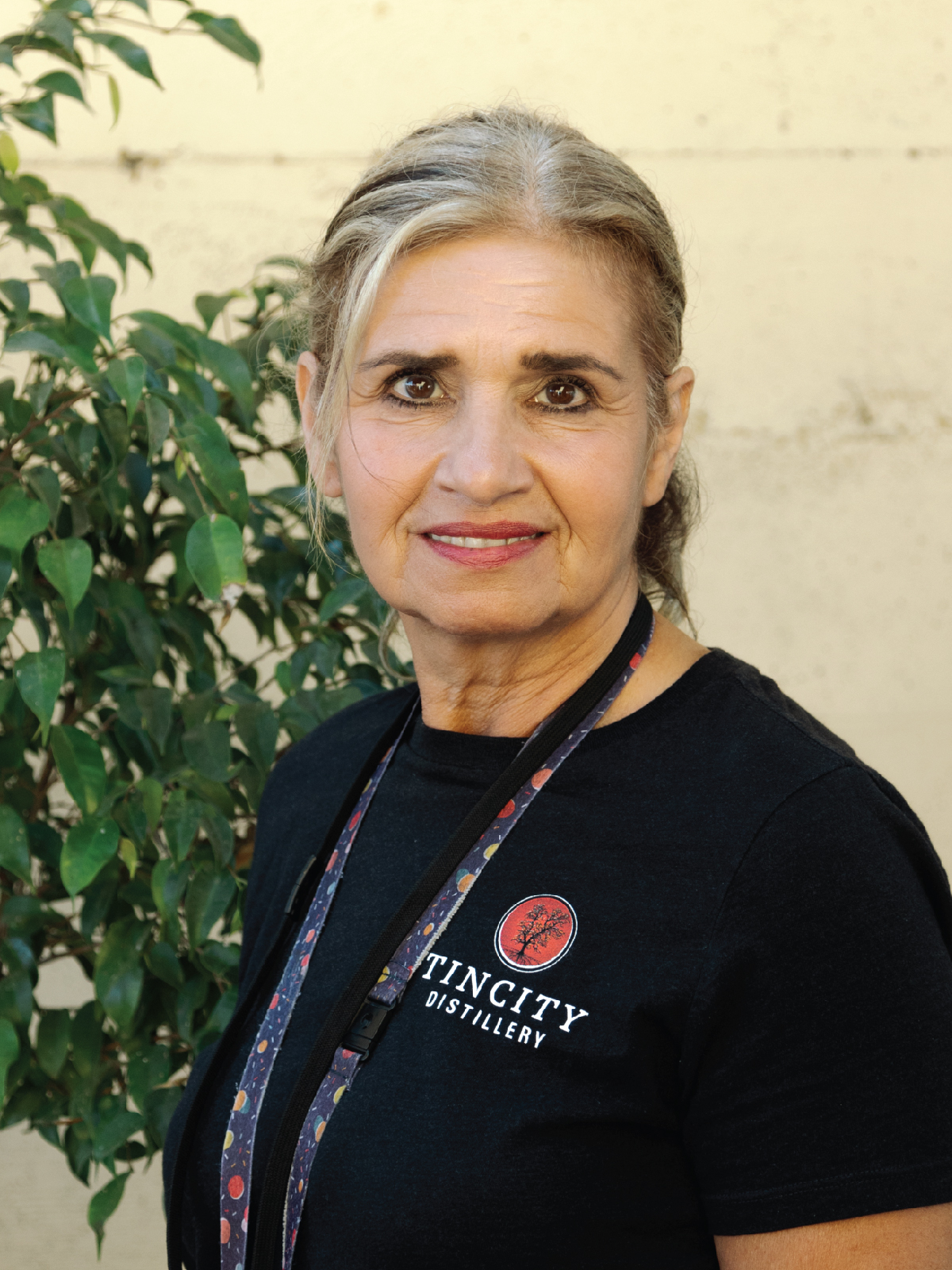
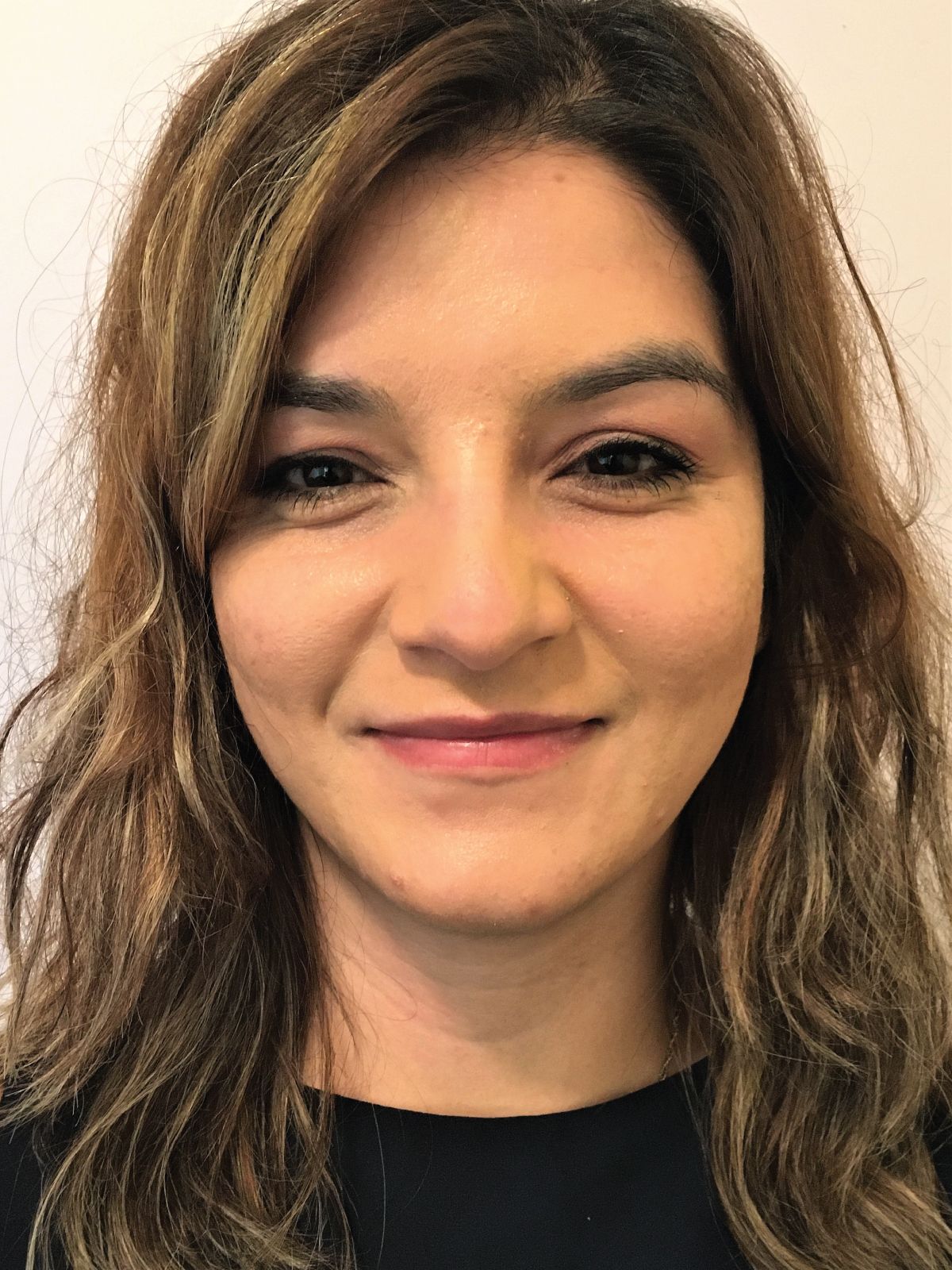
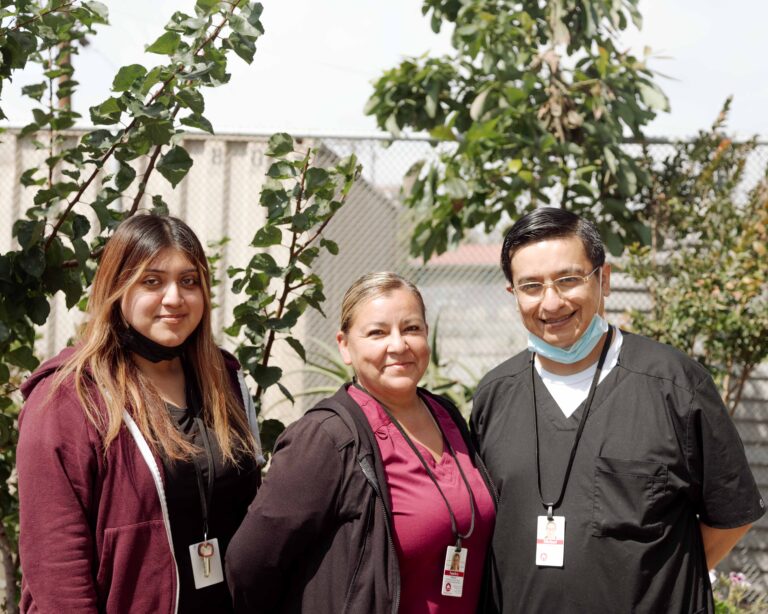
Serving our community’s vulnerable is one of the most thrilling and fulfilling experiences you can have. If you’re interested in working with Dorothy’s Place, please see our open positions.
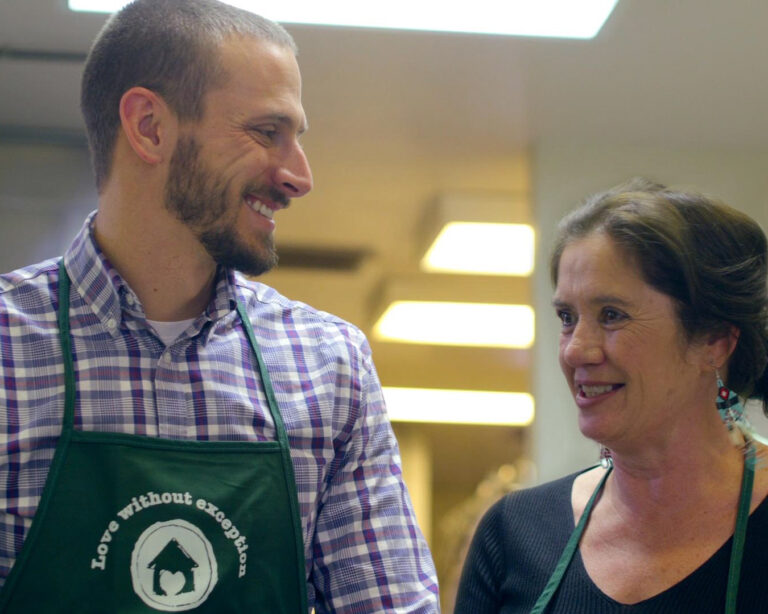
Our dedicated and compassionate volunteers are the reason we are able to change lives. While we always welcome professionals from social services, health and construction–anyone can have a rewarding volunteer experience at Dorothy’s Place. Both Dorothy’s Kitchen and Dorothy’s Drop-In Center need volunteers every day of the year.